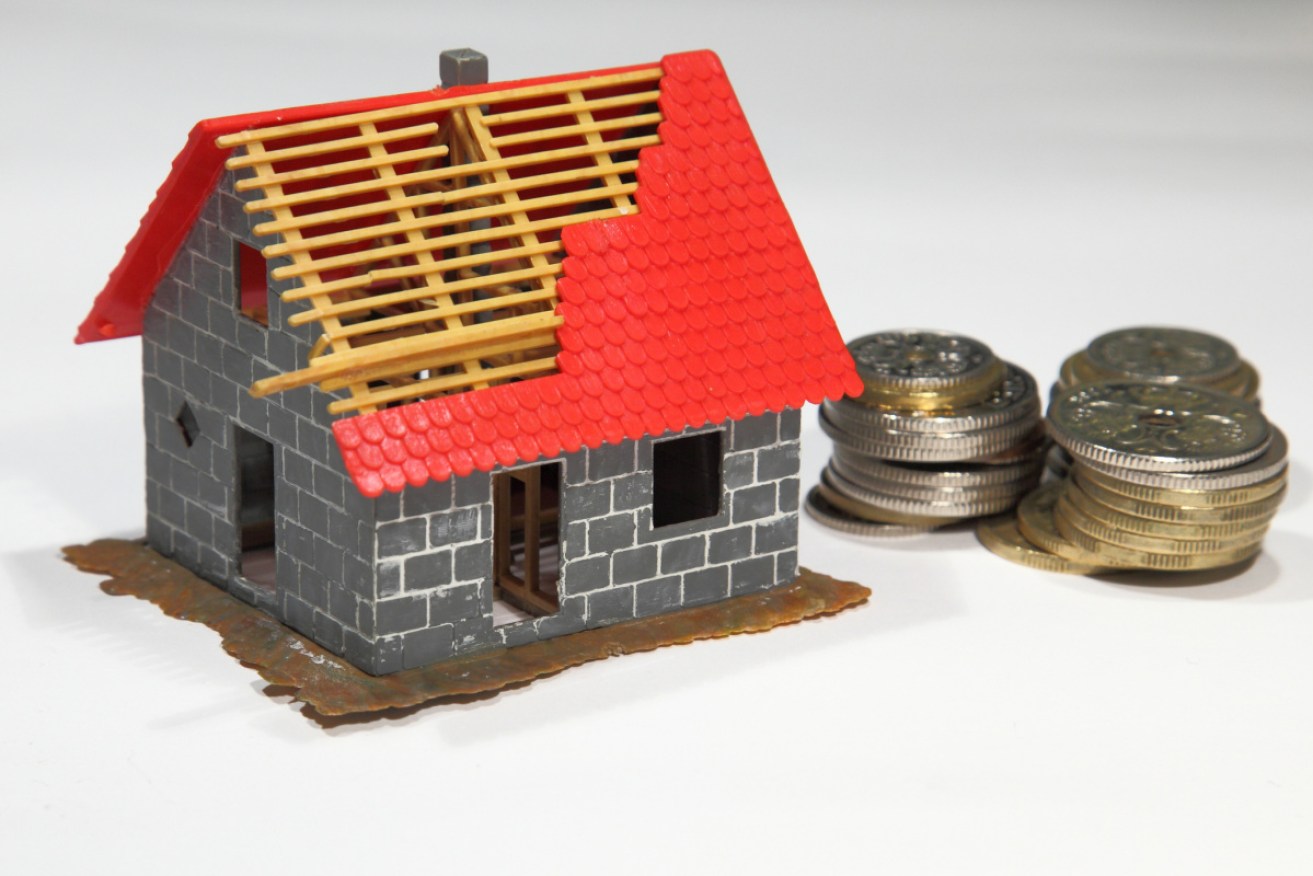Reverse wealth effect: Why some home owners feel poorer when prices fall


Photo: Getty
Home owners may feel less wealthy during a housing market downturn. It’s a phenomenon behavioural economists term the “reverse wealth effect”.
But are ordinary owner-occupiers actually worse off when home prices fall, and what is the economic impact?
The reverse-wealth effect
The “wealth effect” occurs when an increase in the real or perceived value of one’s assets – such as a rise in the potential sale value of a home during a property price boom – leads to a disproportionate increase in consumption.
Unless a home owner is planning to sell, the rise in the potential sale value of their home doesn’t meaningfully improve their financial position, yet it can still trigger the wealth effect and result in overspending.
When prices begin to fall, the opposite can occur. Home owners may tighten their belts and cut spending as the potential sale value of their biggest asset declines. Hence the “reverse wealth effect”.
“It’s a confidence thing really. People believe that since house prices are falling, their wealth is falling and they are reluctant to spend,” Associate Professor Steven Rowley, director of the Australian Housing and Urban Research Institute at Curtin University, said.
Winners and losers
Falling home prices benefit owner-occupiers “trading up to a more expensive property” such as growing families, Dr Rowley said.
By contrast, those “trading down” such as retirees downsizing will experience a negative wealth effect, as they will be selling a larger home to “release equity”, and getting less for it.
There are pros and cons to falling house prices, but unless you’re trading in that market it doesn’t make a difference,” Dr Rowley said.
When it comes to investors gambling on making quick capital gains, some will get “spooked” and “try to dispose of their assets”, while others will “stick with it and realise that housing is a long-term investment”.
There were a lot of investors who got a bit carried away with the price growth in Sydney and Melbourne, and thought that prices would always go up,” Dr Rowley said.
The impact of the reverse wealth effect on the economy “tends to be quite small”, Associate Professor Ben Phillips, principal research fellow at Australian National University’s Centre for Social Research and Methods, said.
“The relationship to overall economic growth is at best minor,” he said.
There may be a “knock-on effect” in retail sales when home prices are rising due to buyers and sellers purchasing items such as furniture or paint, Mr Phillips said.
However, as such goods are “often imported” the overall impact is slight.
Will home price falls derail the economy?
A major house price crash – with peak-to-trough value falls of 40 to 50 per cent – would be required for a “serious deterioration in the economy due to mass defaults and mortgage arrears” to occur, Mr Phillips said.
In terms of the currently orderly decline in home prices, it really only has a slight impact on the economy, and only at the margins.”
Reserve Bank of Australia Governor Philip Lowe has repeatedly reassured the nation that falling home prices won’t “derail” the economy.
While “swings in housing prices” are “difficult for some in our community”, Australians should “take some reassurance from the fact that our economy and our financial system are resilient”, Dr Lowe told a House of Representatives economics committee in late February.
Earlier this week, following the RBA’s decision to keep the official cash rate on hold at an historic low of 1.5 per cent for a record 31st consecutive month, Dr Lowe delivered a speech focusing on the housing market and its implications for the economy.
Shifts in sentiment play an important role in housing markets. When prices are rising, people are attracted to the market in the hope of capital gains,” Dr Lowe said.
“At some point, though, valuations become so stretched that demand tails off and there is a shift in momentum.”
National home prices soared by almost 50 per cent over the five years to late 2017, and have since fallen by 9 per cent, returning to mid-2016 levels, Dr Lowe pointed out.
When prices are falling, the “prospect of capital losses leads buyers to stay away or to delay purchasing”, and those who found it difficult to get a foothold on the housing market have an opportunity.
“Lower prices draw more buyers into the market. First home owners find it easier to buy a home, investors are attracted back into the market, and trade-up buyers take the opportunity to upgrade to the home they have always wanted,” Dr Lowe said.
“Lower prices draw more people in and, eventually, this helps stabilise the market.”
The RBA estimated that fewer than 5 per cent of owner-occupiers with mortgages have negative equity, and the vast bulk of these continues to meet their mortgage obligations.
The current trend of falling home prices have triggered shifts in consumer sentiment, however.
Most notably, the number of people reporting that “an investment in real estate is the wisest place for their savings” has “fallen significantly”, Dr Lowe said.
“So, it is not surprising that there are fewer investors in the market. At the same time, the number of people saying it is a good time to buy a home has increased.”








